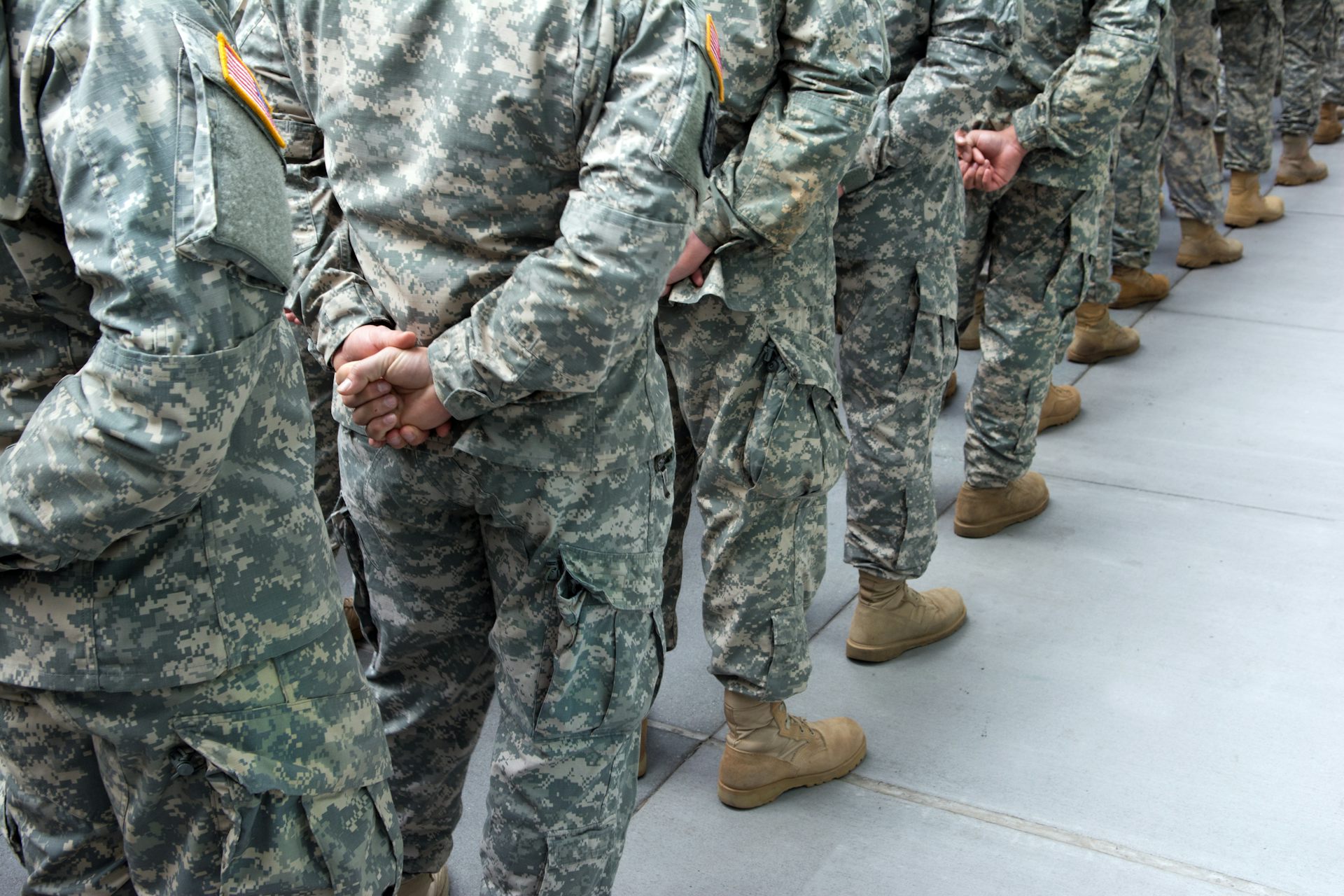The recent clash between Democratic lawmakers and President Donald Trump over the issue of military orders has raised significant concerns among veterans and legal experts. The confrontation erupted when a group of Democratic legislators, including individuals with military or national security backgrounds, released a video urging US service members to disobey any "unlawful" orders. This action prompted Trump to accuse them of "sedition, punishable by death." The situation has exacerbated tensions surrounding the politicization of the military and the ethical dilemma facing service members.
Legal experts and military professionals have expressed outrage at Trump's broad and inappropriate use of terms like sedition and treason. They argue that the President's rhetoric places lawmakers at risk and undermines the rule of law. The controversy intensified as experts criticized the legality of recent US military actions, such as attacks on alleged drug trafficking boats, highlighting the need for clarity on distinguishing between legal and illegal orders.
The debate over obeying unlawful orders has evoked deep concerns within the military community. Service members are bound by their oath to the Constitution and international law, which mandate the refusal of unlawful commands. However, the nuances of distinguishing between lawful and unlawful orders, especially in politically charged situations, pose significant challenges for troops on the ground.
A survey conducted at the University of Massachusetts Amherst’s Human Security Lab revealed that a substantial number of active-duty troops understand the duty to disobey illegal orders and the potential legal consequences of following them. The poll underscored the importance of international law in guiding service members' decision-making process and highlighted the need for enhanced training on legal and ethical standards.
The survey results indicated that troops are aware of the distinction between lawful and unlawful orders, with many citing a moral obligation to refuse commands that violate the law or ethical principles. Despite the institutional pressures to obey orders, an increasing number of service members are willing to challenge questionable directives that contravene legal norms.
Military culture, which emphasizes obedience and discipline, often makes it challenging for service members to defy orders, lawful or not. However, the evolving attitudes among troops and their willingness to consider the legality and morality of directives suggest a growing awareness of their responsibility to uphold legal standards and ethical principles in the face of controversial commands.
The ongoing debate surrounding the refusal of unlawful orders underscores the complexities inherent in military decision-making and the critical need for clear guidelines and ethical leadership within the armed forces. As service members navigate the ethical dilemmas posed by potentially illegal directives, advocacy for respect for the rule of law and adherence to international legal standards remains essential in fostering a culture of legal compliance and moral responsibility within the military.


